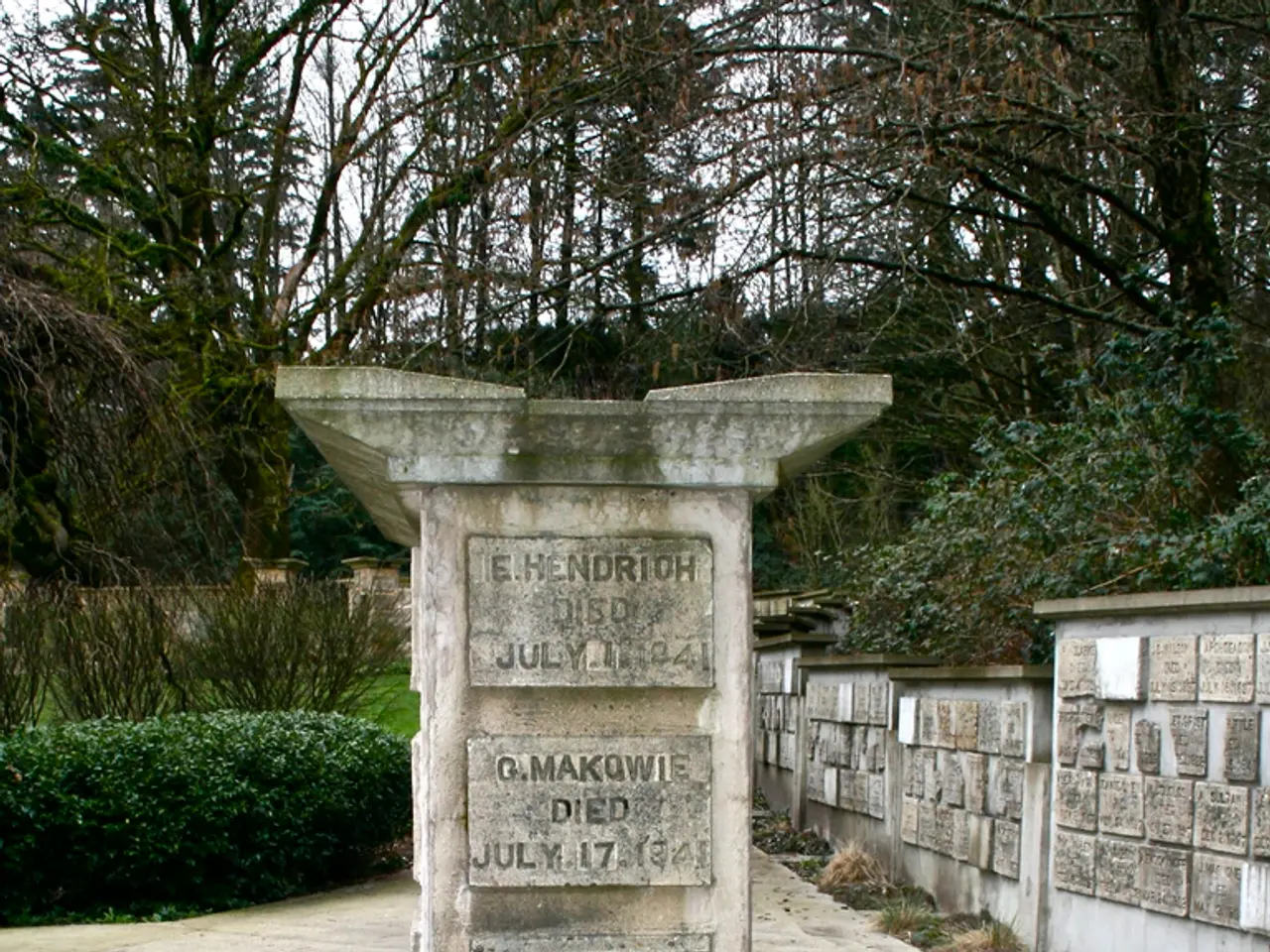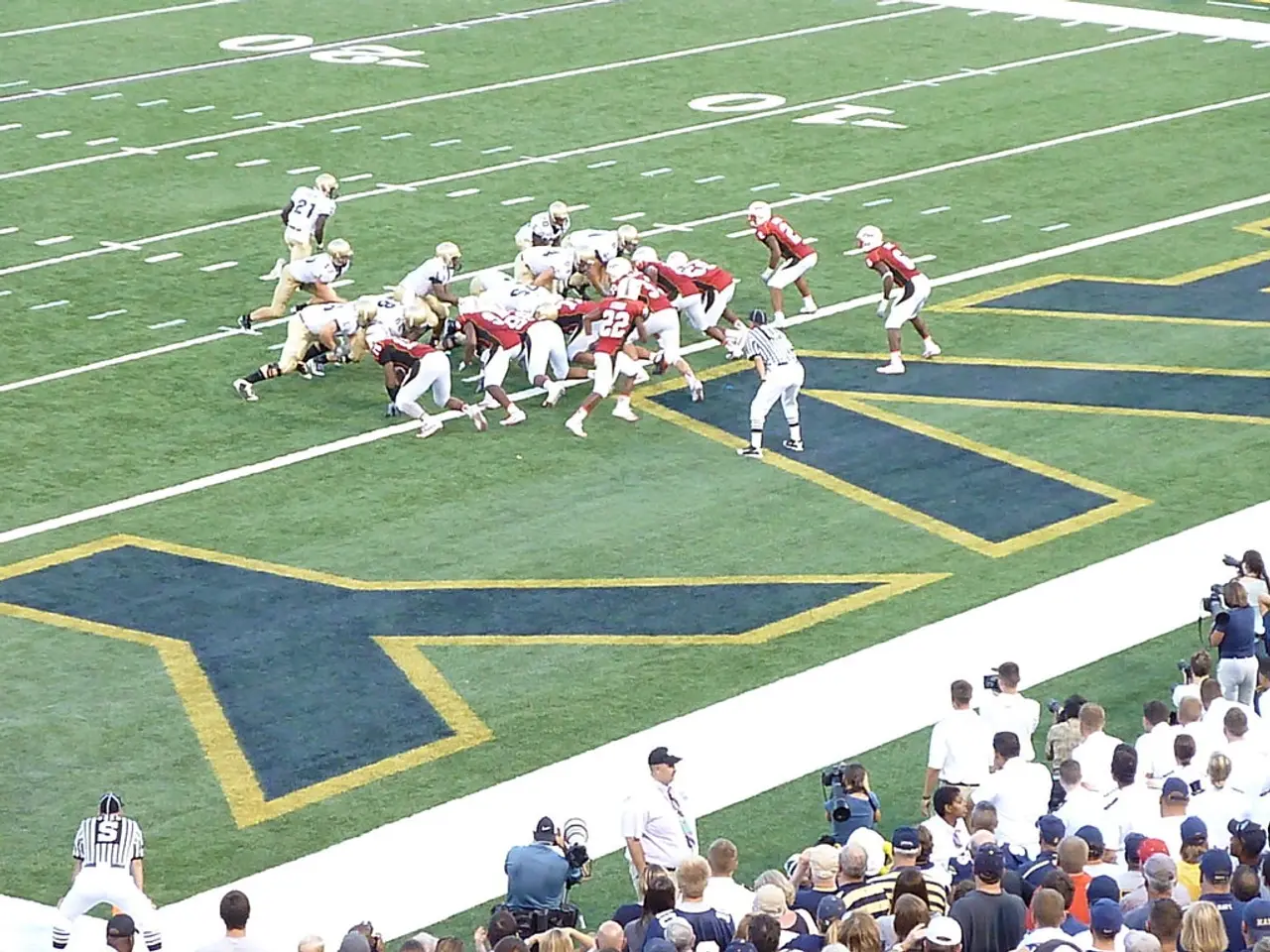Exumed: Grave of Former Syrian President Hafez Assad Unearthed on Video
In a shocking turn of events, a video has circulated on social media, showing unknown individuals digging out the grave of Syria's former president, Hafez al-Assad. The incident occurred in May 2025, shortly after the Assad regime fell in December 2024, in Assad's hometown of Qardaha, Latakia Governorate.
This act of desecration has sparked widespread debate on Syrian social media, with many expressing outrage and others commending the unknown individuals. The controversy revolves around the symbolic and deeply politicized nature of the act, as sites like Assad’s grave have been central to sectarian identities and conflicts in Syria.
For some, the desecration underscores the profound divisions in Syria, reflecting how historical shrines and symbols have been exploited by regimes and have become focal points for sectarian and political narratives. On the other hand, some view the act as a form of justice and liberation, particularly in light of Hafez Assad's involvement in the 1982 Hama massacre.
However, the act has also highlighted the broader challenge in Syria of dealing with the legacies of the war. With mass graves and symbolic sites carrying potent emotional and political weight for various groups, the incident underscores the difficulty in forging reconciliation when contested sites are used to reassert identities and political claims rather than unify diverse communities.
Hafez al-Assad, born in Al Qardahah, Syria, served as the 18th president of Syria from 1971 until his death in 2000 due to a heart attack in Damascus. His son, Bashar Assad, succeeded him as the 19th president of Syria and ruled until he was ousted by Ahmed Al Sharaa's rebel army in 2024. After being ousted, Bashar Assad and his family fled to Moscow, Russia.
The desecration of Hafez al-Assad's grave has elicited strong reactions from Syrians and social media users alike. While some view it as a vile and inhumane act, others see it as a form of justice against a former leader involved in the Hama massacre. Regardless of one's perspective, the incident serves as a stark reminder of the deep-seated divisions in Syria and the challenges that lie ahead in the path towards reconciliation and healing.
- The desecration of Hafez al-Assad's grave in 2025, following the fall of the Assad regime in December 2024, has ignited heated discussions on Syrian social media, with some viewing it as a symbol of justice for his role in the Hama massacre, and others seeing it as a senseless act of disrespect for historical figures.
- The incident has also shed light on the complexities of the war's legacy in Syria, as dealing with mass graves and symbolic sites carries significant emotional and political weight for various communities, making reconciliation a daunting task.
- In the realm of fashion, the response to the desecration highlights the power of social media in shaping public opinion and fueling discussions on controversial topics, serving as a platform for both outrage and commendation.
- Meanwhile, in the world of politics, the act can be seen as a reflection of the deep-rooted divisions within Syria, as historical shrines and symbols continue to be manipulated for political gain, obstructing efforts aimed at unifying diverse communities.








